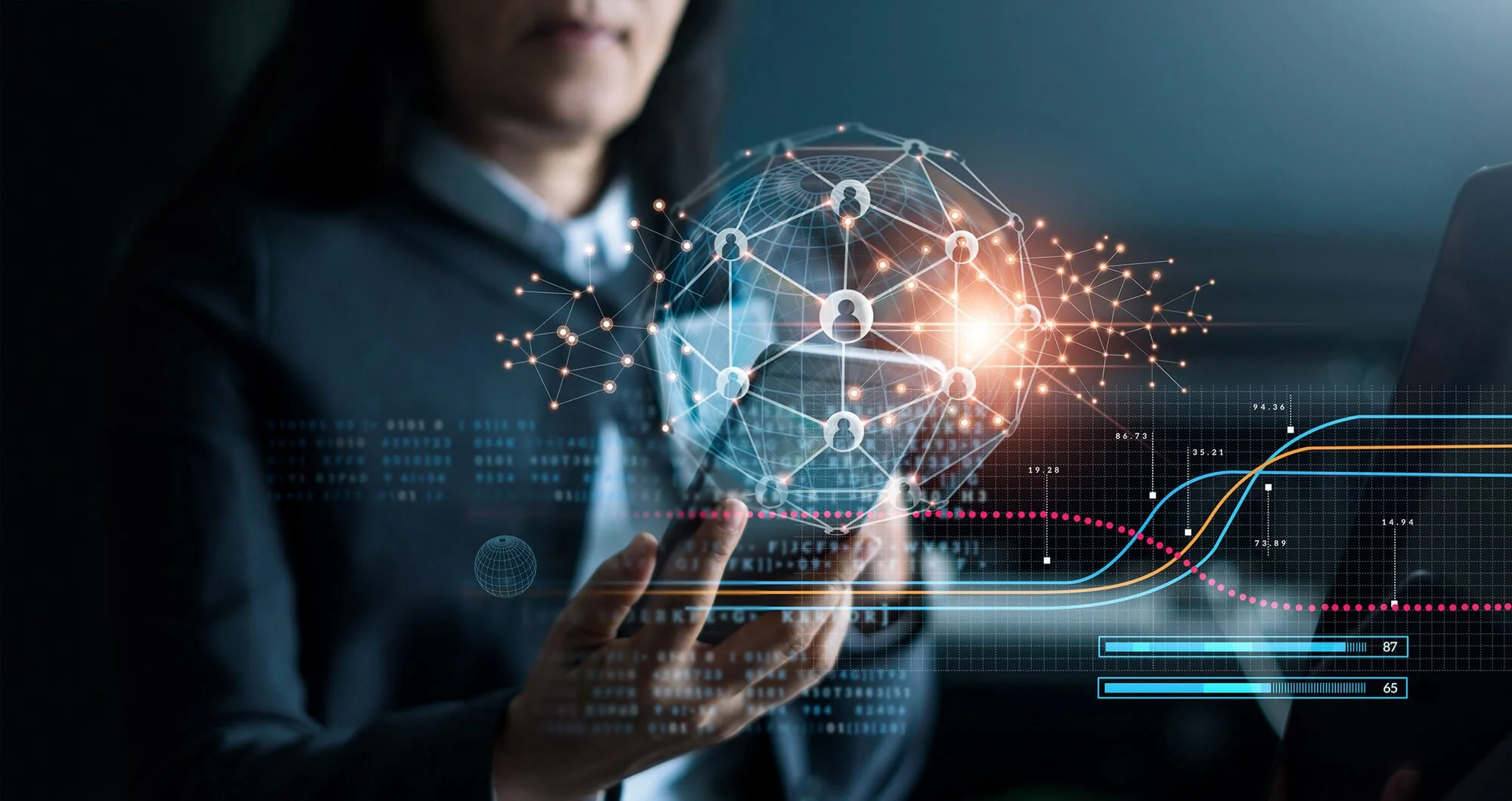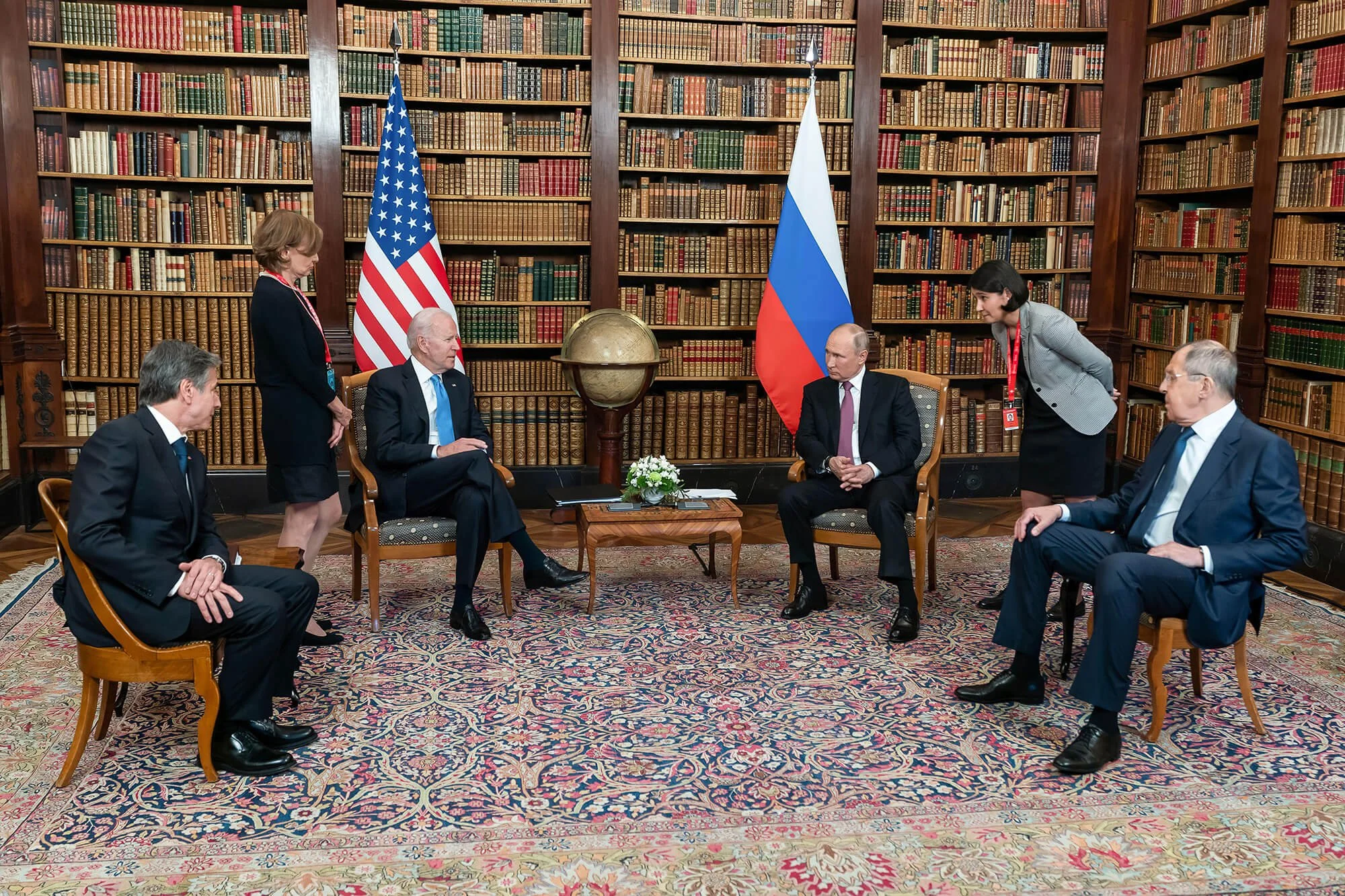VOLUME 1 - ISSUE 17 ~ May 28, 2025
In this edition of the “CIO Two Cents” newsletter, I explore the rising threat of deepfakes against enterprise security.
— Yvette Kanouff, partner at JC2 Ventures
The JC2 Ventures team:
(John J. Chambers, Shannon Pina, John T. Chambers, me, and Pankaj Patel)
(1)
Nations are increasingly recognizing the need for comprehensive frameworks to ensure responsible AI development.
(2)
AI introduces new vulnerabilities in critical infrastructure, requiring secure supply chains, hardware verification, and AI-driven cybersecurity measures.
(3)
While AI is expected to displace 92M jobs by 2030, it will also create 170M new jobs, highlighting the importance of reskilling and upskilling the workforce.
A special thanks to the Honorable Katharina McFarland for collaborating with me on this blog, which addresses the critical topic of global frameworks for rules around artificial intelligence. Katharina served as the first U.S. Assistant Secretary of Defense for Acquisition from 2012-2017. She was the President of the Defense Acquisition University from 2010 to 2012. She was the Director of Acquisition of the Missile Defense Agency, and began her career as an engineer in the U.S. Marine Corps. Katharina has received numerous awards, including the Presidential Meritorious Executive Rank Award, Secretary of Defense Medal for Meritorious Civilian Service Award, Department of the Navy Civilian Tester of the Year Award, and the Navy and U.S. Marine Corps commendation Medal for Meritorious Civilian Service. She serves on the Army Science Board, and she served as the Chairman of the Board of Army R&D at the National Academies of Science. Katharina was named as a Commissioner of the National Security Commission on Artificial Intelligence, a group chartered by Congress to examine the national security issues around AI. In addition to all of this, Katharina is an amazing person and friend. We hope you enjoy our joint blog.
The Situation
The proliferation of AI has led to a surge in cyber threats. Automated scans now reach 36,000 per second, with cybercriminals leveraging artificial intelligence (AI) to craft sophisticated phishing schemes, develop adaptive malware, and exploit vulnerabilities in open-source software. This critical issue is particularly evident in the U.S., which experienced 61% of global ransomware attacks in 2024.
As of June 2025, this surge in cyber threats, as well as other global trends, highlight the intersection of AI with various aspects of security, including individual, corporate, national, and cybersecurity. These developments emphasize the need for comprehensive international governance and defense strategies. This blog will highlight some of the work being done to address the challenges and opportunities within the global AI environment.
Global Responses
In response to AI's rapid advancement, over 50 countries, including EU member states, have endorsed the Framework Convention on Artificial Intelligence. This treaty aims to ensure AI development aligns with human rights, democracy, and the rule of law, though it excludes national security and defense activities. Additionally, the U.S. and UK have established AI Safety Institutes to evaluate and ensure the safety of advanced AI models, fostering international cooperation in AI safety research.
Nations are increasingly adopting "AI nationalism," emphasizing the development and control of domestic AI technologies to safeguard national interests. The U.S. has enacted policies to maintain technological leadership, while countries like France and Saudi Arabia are investing in AI to bolster their strategic positions. In the U.S., Executive Order 14179, signed in January 2025, seeks to promote AI development free from ideological bias, aiming to strengthen American leadership in AI technologies .
Additional Concerns and Recommendations
The integration of AI into critical infrastructure has introduced new vulnerabilities. AI-enhanced devices, such as AI PCs, are susceptible to threats like model inversion attacks and data poisoning. Experts recommend adopting secure supply chains, hardware verification protocols, and employee training to mitigate these risks.
Organizations are increasingly adopting AI-driven cybersecurity measures. However, the rise of AI-generated malware has led to the development of "Zero Trust for AI" frameworks, emphasizing the need for verification and human oversight in AI-driven security decisions (exabeam.com).
These developments indicate a transformative shift in national security paradigms, where AI serves as both a tool for defense and a potential vector for threats. Governments worldwide are navigating this duality by enhancing AI capabilities, implementing regulatory frameworks, and fostering international collaborations to address the challenges and opportunities presented by AI in national security.
Employment
In addition to the global security, governance, and strategic threats noted above, there is a significant concern about AI displacing jobs. Although there is a general agreement that AI and general automation may impact jobs in sectors such as customer service, manufacturing, journalism, and more, we see a significant amount of debate centered around how many new jobs will develop with the evolution of AI. Various eras of our past have changed the job landscape, and we are certainly in one of these now. In addition to ensuring transparency, ethical AI, guardrails, etc., the focus of jobs is upskilling and reskilling so that workers are ready and have opportunities in an AI-driven world.
AI is expected to allow people and companies to achieve outcomes faster and more efficiently. Although the World Economic Forum expects that 92 million jobs will be displaced by AI and automation by 2030, it also anticipates that 170 million new jobs will be created—yielding a net gain of 78 million jobs. This means that we have to put a focused effort into re-skilling the workforce and ensuring our employees and constituents have the right skills to make an impact on an AI-influenced world. There are many tools available for upskilling, some of which I have noted in a prior blog and LinkedIn posts.
Artificial General Intelligence
There is much debate about the ‘when’ and ‘if’ of achieving Artificial General Intelligence (AGI). AGI describes a time when AI systems will achieve human-level cognitive abilities, capable of understanding, learning, and applying their intelligence to a wide range of tasks. Regardless of the debate of ‘when’ and ‘if’, there is no doubt that AI is making a significant impact on how we work and live. It is critical that there be some global guidelines on transparency, ethics, and protection. We are seeing the positive and negative effects of AI in these early days. As described in this blog, some countries are collaborating to build frameworks, however there will always be factions that misuse AI and automation. We need to be aware and active against threats in this era of change—for our people, our companies, and our countries.
Image of the Moment
Photo: iStock






















